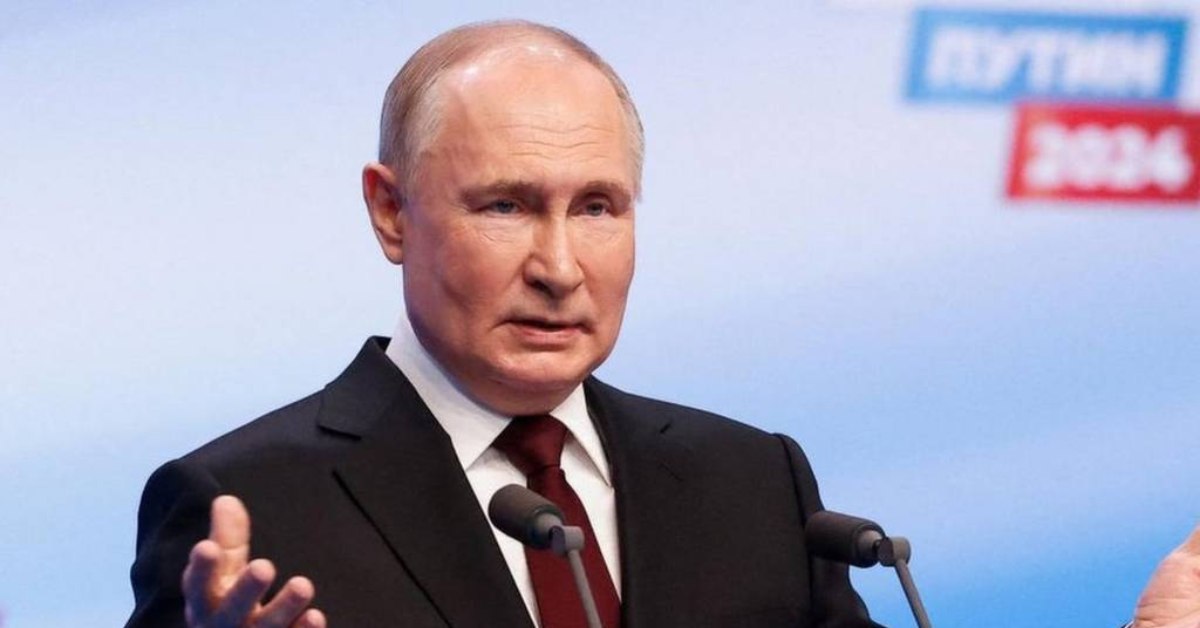Introduction: President Vladimir Putin solidifies his power in Russia with a heavily managed election, securing a massive victory for himself.
Key Points:
- Election Results:
- Putin wins with 87.3% of the vote, with a high turnout of 77.5%.
- This victory allows him to remain in power until at least 2030.
- Lack of Opposition:
- Most opposition candidates are eliminated, leaving Putin without any serious challengers.
- Putin’s closest competitor, Nikolay Kharitonov, only receives 4.3% of the votes.
- Manipulation of Elections:
- Putin’s spokesperson previously admitted that the election process is more about bureaucracy than democracy.
- Election rituals are essential for Putin to showcase his authority, although they lack genuine competition.
- Changes in laws and the constitution favor Putin’s extended rule, potentially until 2036.
- Putin’s Response:
- Putin celebrates the election as a symbol of national unity and reaffirms Russia’s stance against the West.
- He emphasizes Russia’s resilience against external pressures.
Putin’s Remarks on Navalny:
- Putin’s political adversaries, including Navalny, have faced dire consequences.
- Navalny’s death in custody, followed by the death of another key opponent, Yevgeny Prigozhin, raises suspicions.
- Despite denying involvement in Navalny’s demise, Putin acknowledges the situation and discusses the possibility of a prisoner exchange involving Navalny.
- He refers to Navalny’s death as a regrettable event, comparing it to similar incidents in other countries.
Conclusion: Putin’s overwhelming victory in a controlled election consolidates his authority in Russia, despite ongoing criticism and allegations of foul play.
Sources:
- Central Election Commission (CEC) report on election results.
- Putin’s statements during victory celebration at election headquarters.
- Putin’s remarks on Navalny’s death and prisoner exchange discussions.
